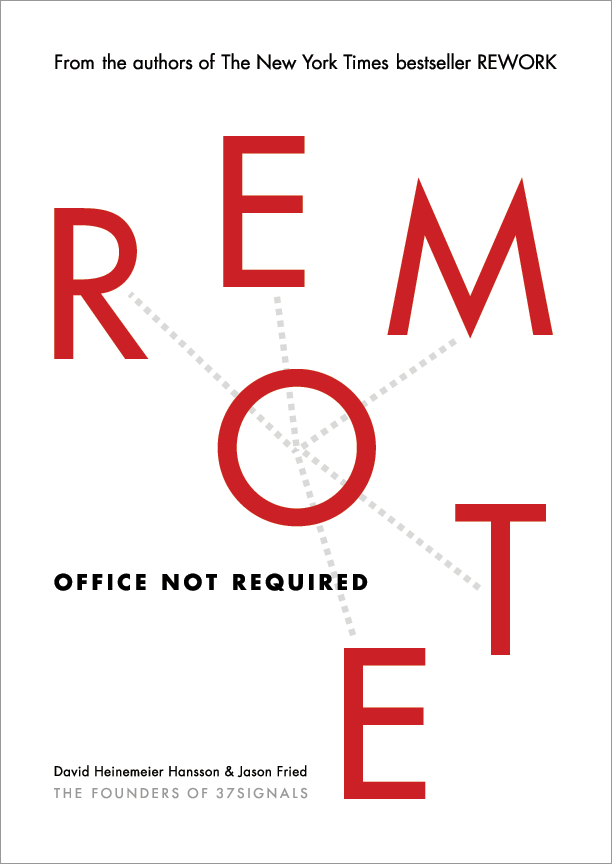Managers who complain about slacking staff without examining their work environment are deluded. Being a slacker is not an innate human quality, it’s a product of the habitat. Fundamentally, everyone wants to do a good job (the statistical outliers who do not follow this are not worth focusing policy on).
The problem is that deluded managers expect unreasonable returns from their investment. They think you can get the best from people by thinking the worst of them. It just doesn’t work like that. You can’t crack the whip with one hand and expect a firm handshake with the other.
If you want star quality effort, you need to provide a star quality environment. No, window dressing like a free meal is not it. It can serve as a cherry on top, but if the rest of the cake is full of shit, that’s not going to make it any more appealing.
A star environment is based on trust, vision, and congruent behavior. Make people proud to work where they work by involving them in projects that matter and ignite a fire of urgency about your purpose. Find out who you are as a company and be the very best you. Give people a strategic plan that’s coherent and believable and then leave the bulk of the tactical implementation to their ingenuity.
If you’re doing work in a less than star environment, you owe less than star effort. Quid pro quo. By all means, do yours to affect and change the environment. Nudge it towards the stars. But also, accept the limitations of your power. You can drag a horse to the water, but you can’t make it drink.
So ration your will and determination. Invest what’s left over, after meeting the bar of your work environment, in your own projects, skills, and future. The dividends is what’s going to lead you to the next, better thing.
Everyone deserves to work at a place that inspires them to give their very best. Don’t stop reaching until you have that.
(Like this? There’s more where this came from. Pre-order REMOTE: Office Not Required, our new book on remote work.)


